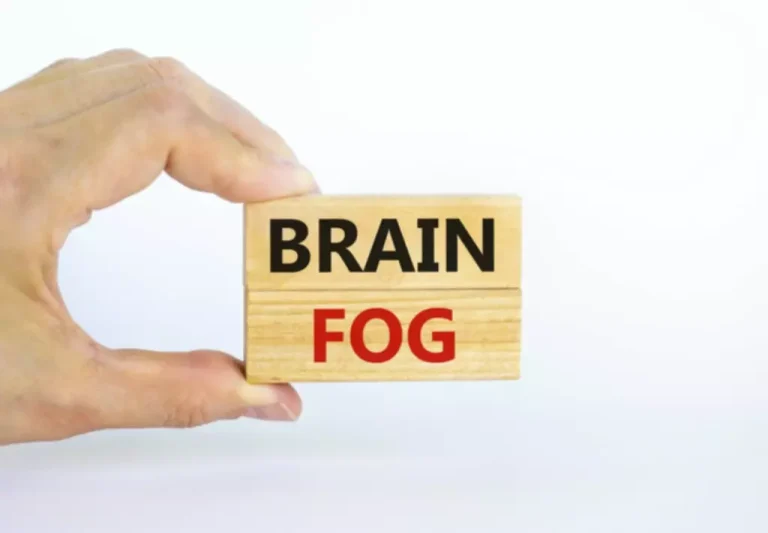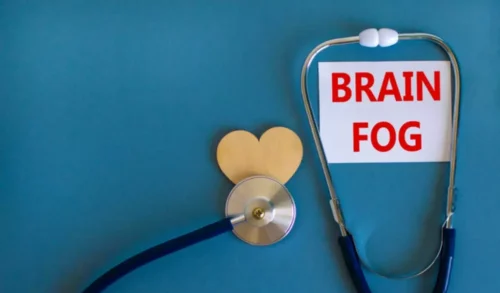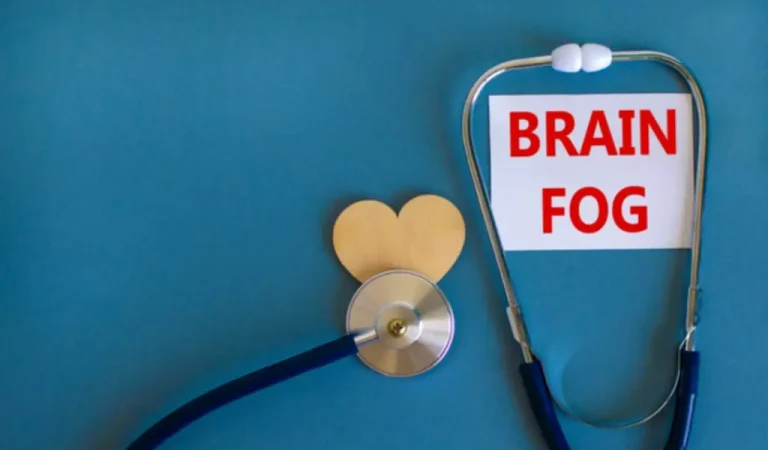
Anaphylaxis is a life threatening condition that involves https://ecosoberhouse.com/ a series of symptoms, such as a rash, low pulse, and shock. When it comes to how alcohol impacts asthma, the conclusions are less set-in stone. Gustatory rhinitis is a type of nonallergic rhinitis that’s caused by eating certain foods, usually spicy or hot ones. Rhinitis is the medical term for inflammation of the mucus membrane in your nose. This will allow for those with a sensitivity to histamines to make informed decisions about what wines they can safely drink. Furthermore, it is important for winemakers to be aware of their own practices and processes in order to avoid introducing too much histamine into the wine during production.

Alcohol Intolerance vs. Alcohol Allergy
- White wine has been around for centuries and is enjoyed by many people worldwide.
- However, the sneezing caused by drinking beer could also be due to an interaction between beer or alcohol and any medication you’re taking.
- Rhinitis is the medical term for inflammation of the mucus membrane in your nose.
- It is important to note that beer sneezes are not a reliable indicator of intoxication and that an allergic reaction to beer, while rare, can be life-threatening.
As a result, the nerve endings in your nasal passages become more sensitive. This increased sensitivity can lead to a sneeze reflex being triggered, causing you to sneeze. Clear alcohol like vodka and gin contain less histamine and sulfites, so are less likely to cause a reaction. As a result, their bodies produce inactive ALDH enzymes that are unable to properly break down the alcohol into acetic vinegar. This incomplete processing of the alcohol can cause the body to react by producing symptoms that reflect an allergy to the alcohol.
What are the possible causes of alcohol allergy?
- Taylor notes that sometimes an alcohol intolerance is the result of genetics.
- Some people are super sensitive to all wines and get on better with another low-tannin alcohol such as gin, vodka, rum, or tequila.
- To reduce the risk of having a reaction, look for labels on alcoholic beverages that indicate lower levels of sulfites or those labeled as “sulfite-free”.
- As the exact cause of alcohol-induced sneezing is not fully understood, there is no foolproof way to prevent it.
- Dr. Joseph Volpicelli M.D., head of Volpicelli Addiction Center, tells Bustle that this is normally a pretty severe reaction, and shouldn’t happen if you just have a mild intolerance.
In some people, drinking alcohol may also trigger an allergic reaction, which can cause sneezing and other symptoms. Booze can cause us to experience everything from headaches to nausea the morning after, and can also impact on mental health conditions, such as anxiety or depression, too. Residential programs An alcohol allergy is when your body reacts to alcohol as if it’s a harmful intruder and makes antibodies that try to fight it off. Alcohol allergies are rare, but if you do have one, it doesn’t take much to trigger a reaction. The symptoms of alcohol intolerance can include a stuffy or runny nose, skin flushing, red itchy skin bumps, and worsening of pre-existing asthma. While these symptoms may be mild and not life-threatening, they can still be uncomfortable and irritating.
Can allergies or sensitivities play a role in alcohol-induced sneezing?

Two common symptoms are facial flushing, in which the skin on the face quickly turns red, and nasal congestion. Some people may experience uncomfortable symptoms when drinking alcohol because they are intolerant to an ingredient in certain alcoholic beverages. One of the most common symptoms of alcohol intolerance is getting red facial flushing, often referred to as the alcohol flush reaction.
- Hodgkin lymphoma is a blood cancer that can affect a person’s lymphatic system.
- If sneezing impacts your quality of life, talk to your doctor about ways to reduce or eliminate the problem.
- This leads to allergy symptoms like a runny nose, stuffy sinuses, and sneezing.
- Also, if your symptoms seem to be linked to an allergy or a medication you’re taking, see your doctor.
Alcohol Allergies: Symptoms, Signs, and Treatment for Reactions
- Read on to uncover the science behind the stuffy nose phenomenon as well as key strategies to prevent it from becoming an inevitable side effect of drinking alcohol.
- Hives can also signal an alcohol-related allergy, so be on the lookout for other symptoms that are exclusive to alcohol intolerance.
- Symptoms of histamine intolerance can include sneezing, hives, headaches, nausea, and digestive issues—similar to a common allergic response.
- First, some people have lower levels of the enzymes the body needs to break alcohol (ethanol) into metabolites that it can process and excrete.
It’s important to be drug addiction aware of this potential reaction before drinking white wine, as it could lead to an unpleasant experience. While some drinkers may never experience any irritation from white wine, others may find that it triggers a sneezing reaction. If this occurs, it might be best to switch to red wine or to try drinking white wine in moderation.
Can alcohol-induced sneezing be a temporary reaction?
It’s the result of hereditary genes that cause a deficiency in the enzyme ALDH2. Your body needs this enzyme to properly metabolize alcohol and eliminate it from the body, so there’s nothing you can do sneezing after drinking alcohol to prevent or cure alcohol intolerance. An allergy is when your immune system has an unusual reaction to a substance, like dust or nuts. Alcohol intolerance is linked not to your immune system, but to your metabolic system.






